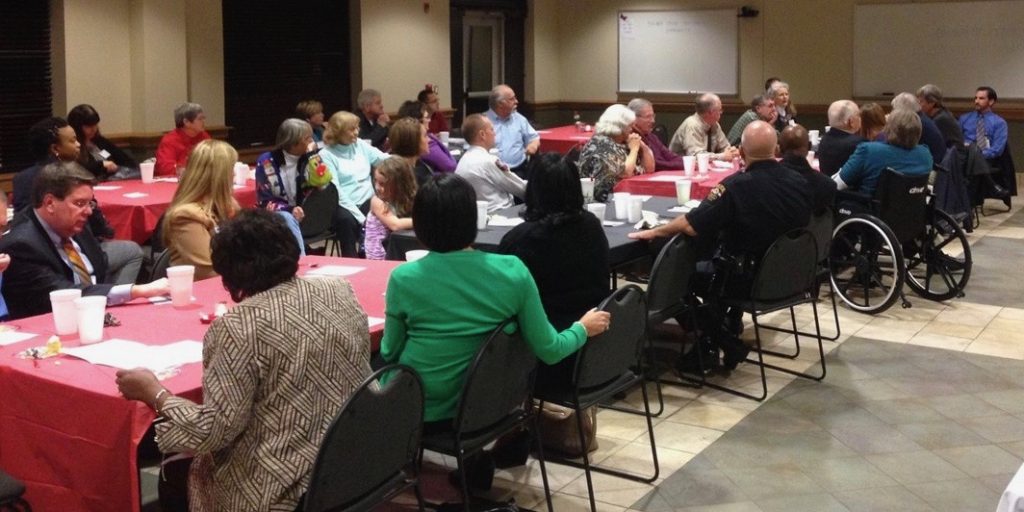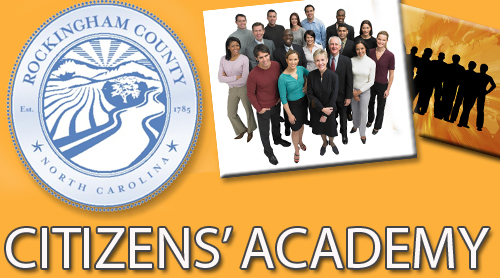
When we talk about infrastructure we are usually talking about things like roads and water pipes. But communities also need to be concerned about their “civic infrastructure.” A recent article by University of San Diego professor Keith Pezzoli defines civic infrastructure as “formal and informal institutional as well as sociocultural means of connectivity used in knowledge–action collaboration and networking.”
The William Penn Foundation suggests the concept of civic infrastructure links social and cultural capital in communities with built capital, in that public spaces in communities also can be understood to be an integral component of bringing people together and creating the kind of capacity for collective action that is what civic infrastructure is all about. A recent report by the foundation argues that “Civic infrastructure encompasses the physical spaces, buildings, and assets themselves, as well as the habits, traditions, management, and other social, political, and cultural processes that bring them to life—two realms that, together, constitute a whole.”
Building civic infrastructure requires a multi-pronged approach. It involves placing greater emphasis on public or civic spaces. It involves creating meaningful opportunities for civic dialogue and learning to take place. It involves creating opportunities for public work. It involves investing in civic institutions and efforts to build a strong community culture. It certainly involves work across the public, private, and non-for-profit sectors.
One way local governments have been working to build civic infrastructure is through offering citizens academies. Continue Reading

